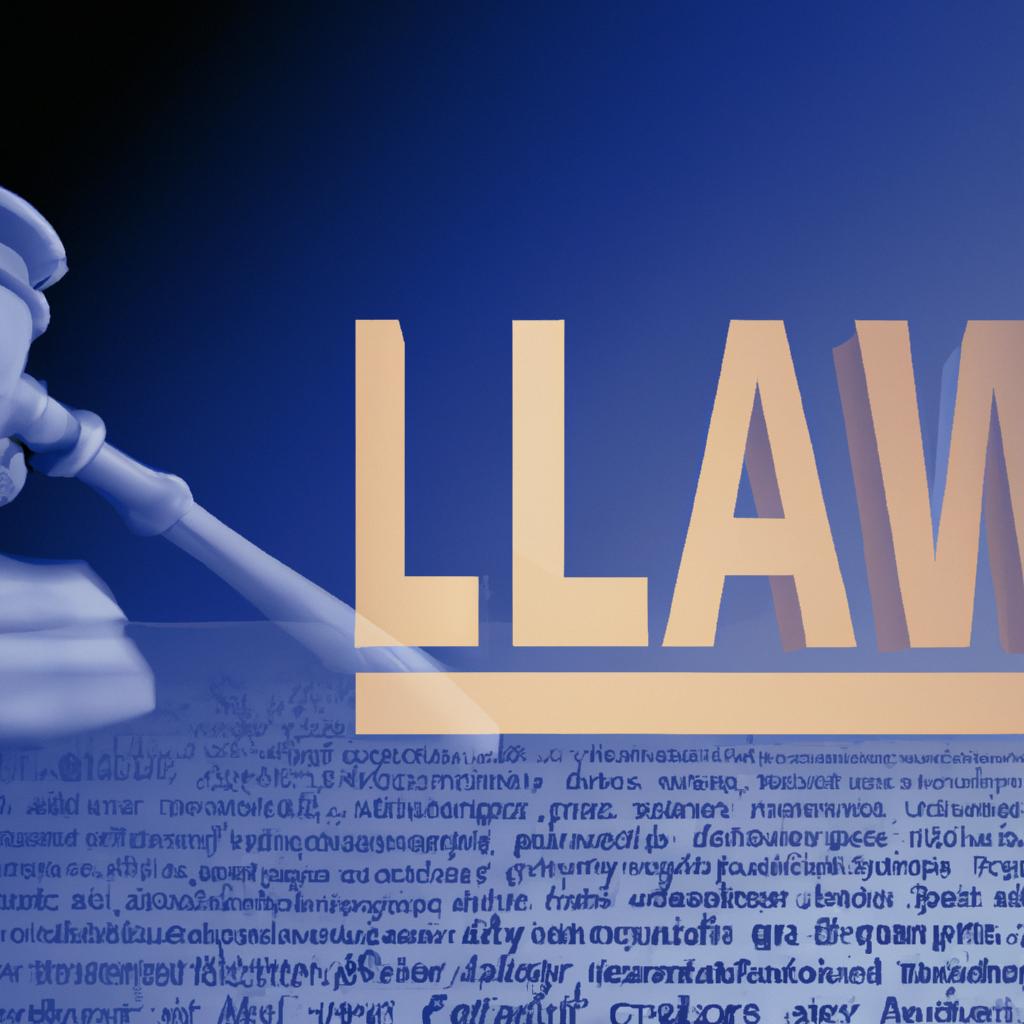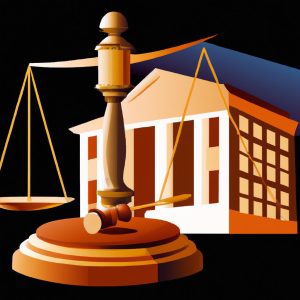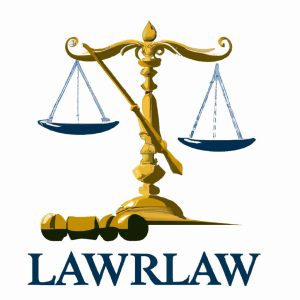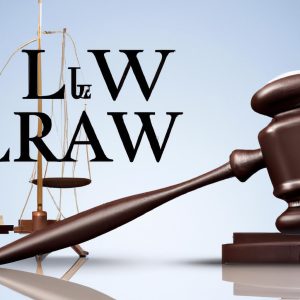The unexpected passing of a tenant can raise numerous legal questions and challenges for landlords, property managers, and family members. When a tenant dies, it can complicate the process of managing a rental property and may require careful navigation of various legal issues. At Morgan Legal Group in New York City, we specialize in estate planning, probate, elder law, Wills, and trusts, and can provide expert guidance on what happens if a tenant passes away while leasing a property. Join us as we delve into the complexities of this situation and explore the legal ramifications for all parties involved.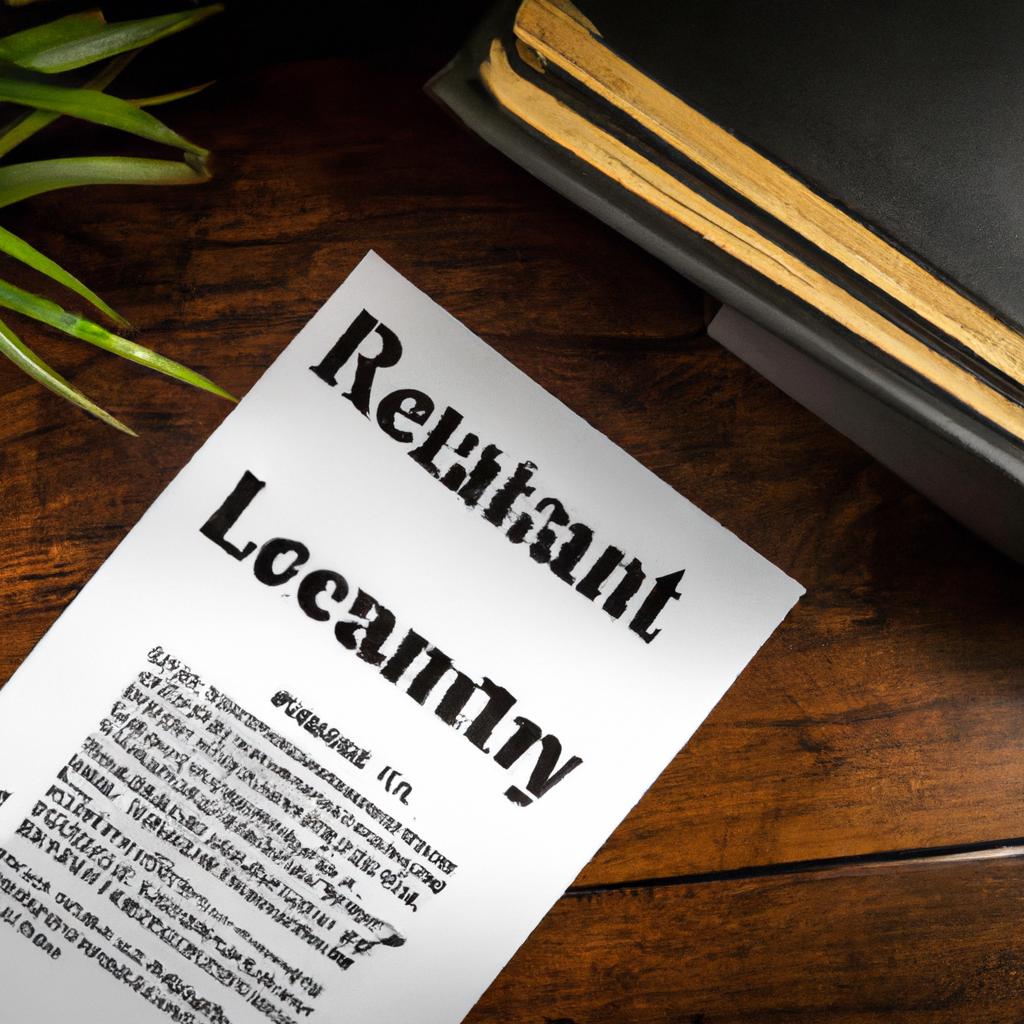
Legal ramifications of a tenant passing away in a rental property
When a tenant passes away in a rental property, it can raise numerous legal issues that need to be addressed promptly and effectively. One of the first things that should be done is to notify the landlord or property management company of the tenant’s passing. This will allow for proper communication and coordination moving forward.
Here are some key legal ramifications to consider when a tenant dies in a rental property:
- Lease Agreement: The lease agreement may determine what happens in the event of a tenant’s death, such as who is responsible for any remaining rent payments.
- Property Inheritance: If the tenant had no will or estate plan in place, their property may pass through intestacy laws, which could affect who has rights to the rental property.
- Security Deposit: The security deposit may need to be handled according to state laws and the terms of the lease agreement.
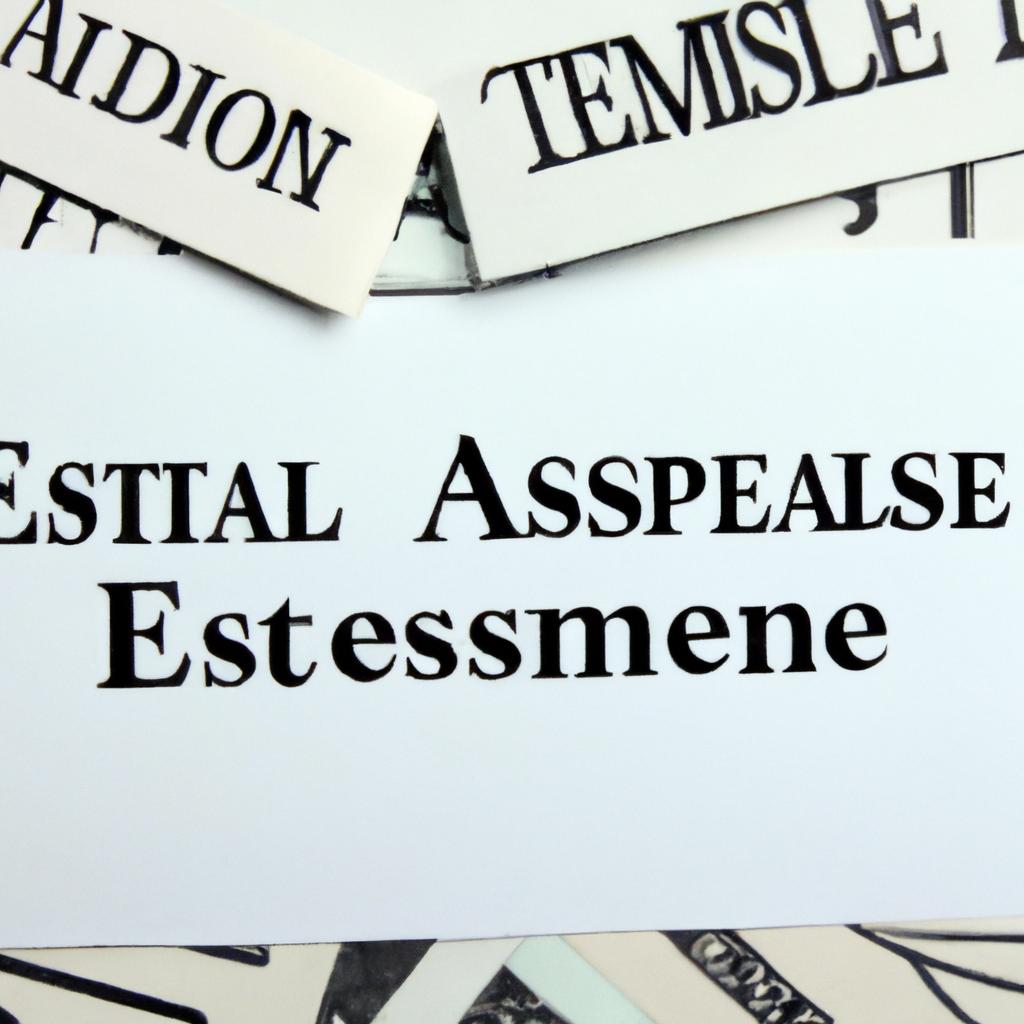
Implications for the deceased tenant’s estate and assets
When a tenant passes away, their estate and assets will need to go through a legal process to determine how they will be distributed. This process can vary depending on whether the tenant had a will or not. If the tenant did have a will, then their assets will be distributed according to the instructions outlined in the will. However, if the tenant did not have a will, then their assets will be distributed according to the laws of intestacy in the state where they resided.
It is important to note that the deceased tenant’s estate may be responsible for any outstanding debts or liabilities, such as unpaid rent or utility bills. Additionally, if the tenant was renting a property, the lease agreement may have specific provisions regarding what happens in the event of the tenant’s death. It is recommended to consult with an experienced estate planning attorney to navigate the legal complexities of dealing with a deceased tenant’s estate and assets.

Navigating the complexities of inheritance rights in tenancy agreements
When a tenant passes away, it can create a complex situation regarding their inheritance rights in the tenancy agreement. It is important to understand the legal implications and navigate through the process carefully. Here are some key considerations:
1. Joint Tenancy: If the tenant was in a joint tenancy agreement, the co-tenant may inherit the full rights and responsibilities of the tenancy.
2. Estate Planning: If the tenant had a legally binding Will that outlined their wishes for the tenancy, those instructions must be followed by the executor of the estate.
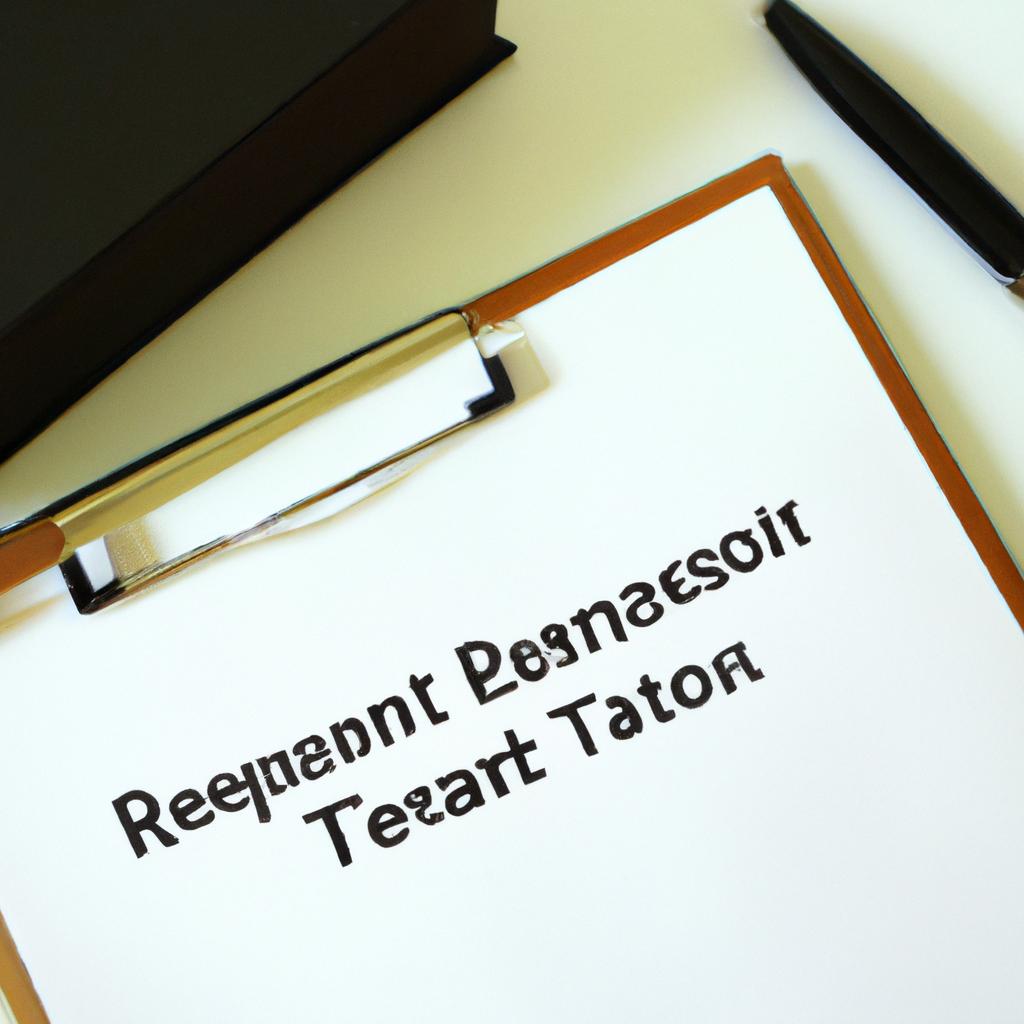
Recommendations for drafting a comprehensive estate plan to address tenancy concerns
To ensure that your estate plan comprehensively addresses tenancy concerns, it is essential to consider what happens if a tenant dies. In such a scenario, various legal and logistical issues may arise, impacting the ownership and management of the property. Here are some recommendations for drafting a comprehensive estate plan to address these concerns:
- Update your Will: Clearly outline your wishes regarding the tenancy of the property in your Will. Specify who should inherit the property, how it should be managed, and any other relevant instructions.
- Consider creating a trust: Establishing a trust can provide more flexibility and control over the management and distribution of the property after your death. You can designate a trustee to oversee the property and ensure that your wishes are carried out according to the trust’s terms. This can help avoid potential disputes among heirs and provide a smoother transition of ownership.
| Recommendation | Description |
|---|---|
| Update Your Will | Clearly outline your wishes regarding the tenancy of the property |
| Create a Trust | Establish a trust for more control over the management and distribution of the property |
Q&A
Q: What happens if a tenant dies?
A: When a tenant dies, their lease agreement typically does not automatically terminate. It will be transferred to their estate or next of kin.
Q: Can the landlord evict the deceased tenant’s family members?
A: The landlord cannot evict the deceased tenant’s family members immediately after the death. They must go through the proper legal processes to do so.
Q: Who is responsible for the deceased tenant’s rent and other obligations?
A: The deceased tenant’s estate is responsible for any outstanding rent or obligations.
Q: Can the landlord keep the deceased tenant’s security deposit?
A: The landlord can use the security deposit to cover any unpaid rent or damages to the property, but must return any remaining balance to the tenant’s estate.
Q: How long does the estate have to vacate the rental property?
A: The estate typically has a reasonable amount of time to vacate the rental property, as determined by state laws.
Q: What should the landlord do if a tenant dies?
A: The landlord should first offer condolences to the family, then work with them and provide any necessary information or assistance during the transition period.
Q: Can the landlord remove the deceased tenant’s belongings?
A: The landlord must follow state laws regarding the removal of the deceased tenant’s belongings. They may have to go through a legal process to properly handle the belongings.
Closing Remarks
In conclusion, the death of a tenant can present challenging legal and logistical issues for both landlords and family members. It is important for all parties involved to be prepared and informed about their rights and responsibilities in such a situation. By understanding the potential outcomes and taking proactive measures, landlords and loved ones can navigate the complex process with greater ease and sensitivity. As with any unexpected event, communication and cooperation are key to resolving matters efficiently and respectfully. Thank you for reading, and may you approach this topic with empathy and understanding in mind.
 Let’s dive in and explore the topic of “what happens if tenant dies”.
Let’s dive in and explore the topic of “what happens if tenant dies”.
Title: What Happens When a Tenant Dies: A Guide for Landlords
Losing a tenant can be a difficult and emotional experience for landlords. But what happens when a tenant dies? As a landlord, it’s important to know your responsibilities and rights in such a situation. In this guide, we’ll explore the process of dealing with a tenant’s death and provide helpful tips for landlords to navigate this sensitive issue with ease.
Understanding the Legalities
The first step in dealing with a tenant’s death is to understand the legalities involved. In most cases, the lease agreement will dictate the process for handling a tenant’s death. However, if there is no specific clause in the lease, the laws of the state in which the property is located will apply.
Typically, when a tenant dies, the lease agreement remains in effect until it expires, and the deceased tenant’s estate is responsible for fulfilling their obligations. This means that rent and other payments are still due, and any lease violations must be addressed.
The Executor of the Estate
When a person dies, their estate goes through a probate process, during which a personal representative or executor is appointed. The executor is responsible for handling the deceased’s financial affairs, including fulfilling their lease obligations. As a landlord, you should communicate with the executor to ensure that the lease terms are being fulfilled.
Terminating the Lease
In some cases, the executor or family members may not want to continue the lease. In such situations, the lease can be terminated. However, proper legal steps must be taken to avoid any legal consequences.
If the lease has a “survivorship clause,” the remaining tenants can continue living in the property, and the lease remains valid. If there is no such clause, the executor can provide a 30-day notice to terminate the lease.
When a tenant dies without a will, the property must go through probate. The court will appoint an administrator to handle the estate, and the lease can be terminated with a 30-day notice.
Handling Personal Belongings
Once the lease termination process is complete, the landlord must handle the tenant’s personal belongings in the property. In most states, the law provides a specific timeframe during which the landlord must store the items and notify the executor or family members.
In some cases, the deceased may not have any family members or appointed executor. In such situations, the landlord must follow the state’s laws on handling personal property of deceased tenants.
Rent Payments and Security Deposit
As mentioned earlier, the executor or estate is responsible for fulfilling the deceased tenant’s lease obligations, including rent payments. In most cases, the executor will continue paying rent until the lease expires.
If the lease is terminated, the landlord can use the security deposit to cover any unpaid rent and damages caused by the tenant. However, the landlord must provide a detailed list of deductions and return the remaining deposit to the executor or estate within the time frame specified by state laws.
Inheritances and Estate Taxes
When a tenant dies, their estate may be subject to inheritance taxes, depending on the state’s laws. The executor is responsible for paying these taxes, and they can be paid using the deceased’s assets, including the security deposit. However, it’s essential to consult with the executor and follow state laws to avoid any legal consequences.
Practical Tips for Landlords
Dealing with a tenant’s death can be stressful and emotional for landlords. Here are a few practical tips to help you navigate this situation with ease:
– Communicate with the executor or family members and maintain a professional and compassionate attitude.
– Keep all communication in writing and document everything. This can help avoid any misunderstandings or legal issues in the future.
– Follow state laws and any specific clauses in the lease agreement.
– Be patient and understanding. The executor or family members may need some time to handle the tenant’s affairs and fulfill their obligations.
– Be prepared for the unexpected. It’s crucial to have a plan in place to handle a tenant’s death and know your rights as a landlord in such situations.
In Conclusion
Losing a tenant can be a stressful and emotional experience for landlords. However, being aware of the legal process and your responsibilities as a landlord can help you handle the situation with ease. Remember to communicate, follow state laws, and be empathetic during this sensitive time. With the right approach, you can navigate the process of dealing with a tenant’s death efficiently and effectively.

